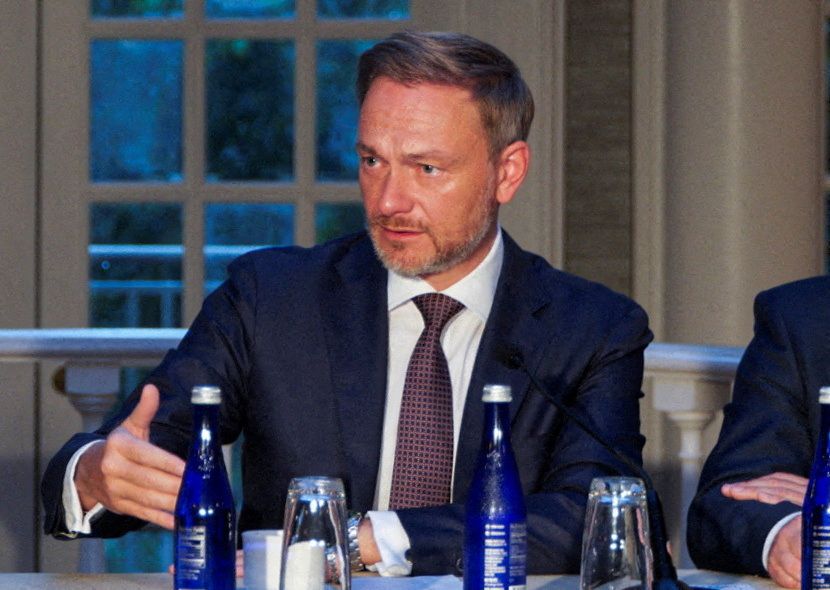
German finance minister Christian Lindner said on Sunday it was not yet clear whether a gas price brake for consumers and small businesses planned from March could be brought forward, pointing to technical and legal difficulties in accelerating the move.
Some state ministers have called for the price brake to come into force in January, as will be the case for larger industrial firms, in order to support smaller businesses and households through the winter.
Chancellor Olaf Scholz said at a meeting with the chamber of commerce in Munich on Saturday that the government had to first make sure energy suppliers would be able to bring forward the measure before making any promises.
"We don't know at the moment whether it is technically possible," Lindner said, speaking on the "Bericht Aus Berlin" TV programme on broadcaster ARD. "These are technical and legal questions we need to look at... we are working as quickly as possible."
Under current plans, the government will make a one-off payment to cover the December gas bill for households and small and medium-sized businesses this year, with an ongoing mechanism to limit prices in place from March.
Meanwhile, big industrial firms consuming more than 1.5 million kilowatt hours per year will see a brake on prices for 70% of their annual gas consumption from January, with the remaining 30% subject to market prices.
Asked whether the government would suspend the constitutional debt brake in 2023 as it has for 2022, Lindner said: "Of course we will have high debts next year. But we must send one signal to capital markets. Germany will remain stable in the long term and is handling public money well, so interest rates don't rise even further, or worse."